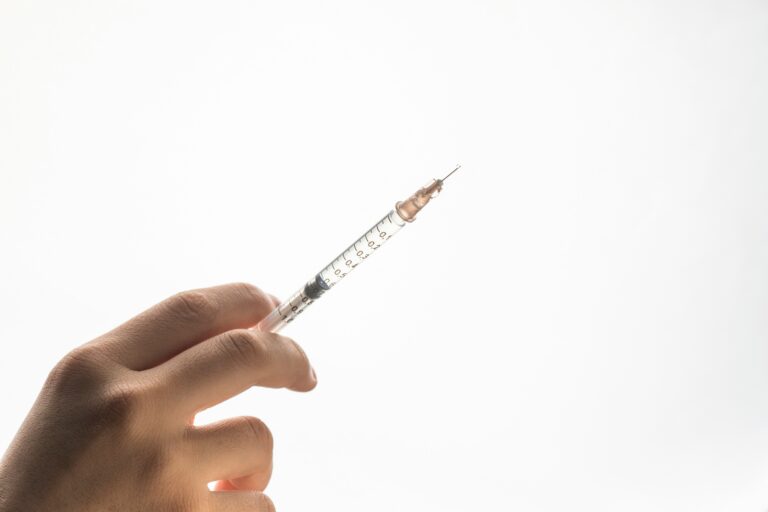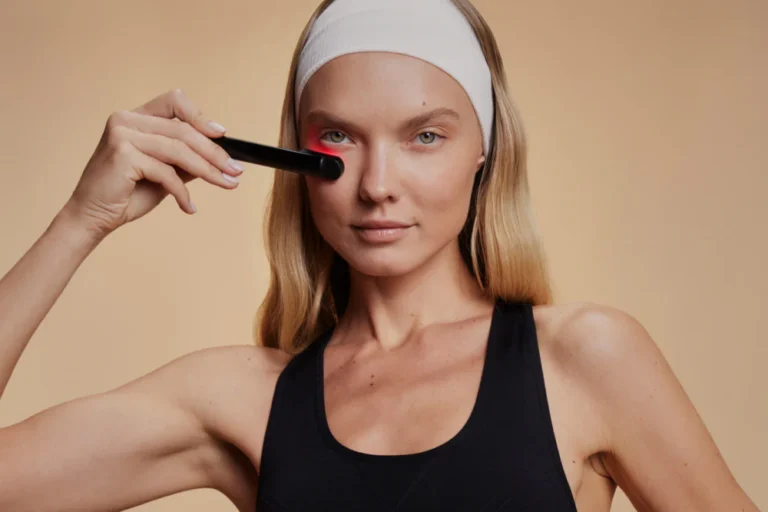Consumers are confused, stressed, and depressed about their food.
What’s happening: In a recent International Food Information Council survey, American consumers acknowledged what they eat impacts mental and emotional well-being.
- 74% indicated the food & bev they consume moderately (35%) or significantly (39%) impacts their mental well-being.
- 60% report being somewhat or very stressed, leading to 51% saying it led them to make less-than-healthy food choices.
- 61% said the state of their mental and emotional well-being in turn impacts their food choices.
Of note, healthfulness ranks third behind taste and price as a driver for food decisions — and if trends continue, will very soon be eclipsed by convenience.
And, while 61% consider and actively attempt to avoid processed foods, 54% know next to nothing about the government’s nutrition guidelines, and 68% have seen misinformation on what food choices are considered healthy on social media.
That lack of awareness and incentive could be the biggest barrier to mindful eating.
Diet Starts Monday
As we recently detailed in Issue No. 231, Big Food has a problem with the FDA moving the goal posts on the word “healthy,” mainly because they contribute the majority of food to the American diet in the form of nutrient-poor, ultra-processed foods.
Under a microscope, research is emerging that names UPFs as a culprit for depression and cognitive decline. A two-way street, constant psychological stress is tied to the incidence and worsening of gut health issues.
With a healthy gut linked to everything from mood to exercise motivation, some startups are attempting to reverse UPFs’ damage by scaling the practice of metabolic psychiatry.
- Meru Health, a platform that uses prescribed eating and wearables as a lifestyle-medicine approach to mental health, received a $2M grant from NIMH last year.
- Last summer, microbiome company Seed Health partnered with Axial Therapeutics to develop a probiotic to treat anxiety, depression, and stress.
- Kallyope, a biotech company researching the gut-brain axis, landed $8.2M in funding from the Bill & Melinda Gates Foundation this May.
Big picture: Poor food is linked to poor mental health. But fixing food alone won’t make up for the detriments of inadequate sleep, movement, fresh air, and physical closeness. In that regard, the “mental health crisis” may be just another sub-crisis stemming from the American lifestyle — and addressing all its faults holistically could be the only way forward.






